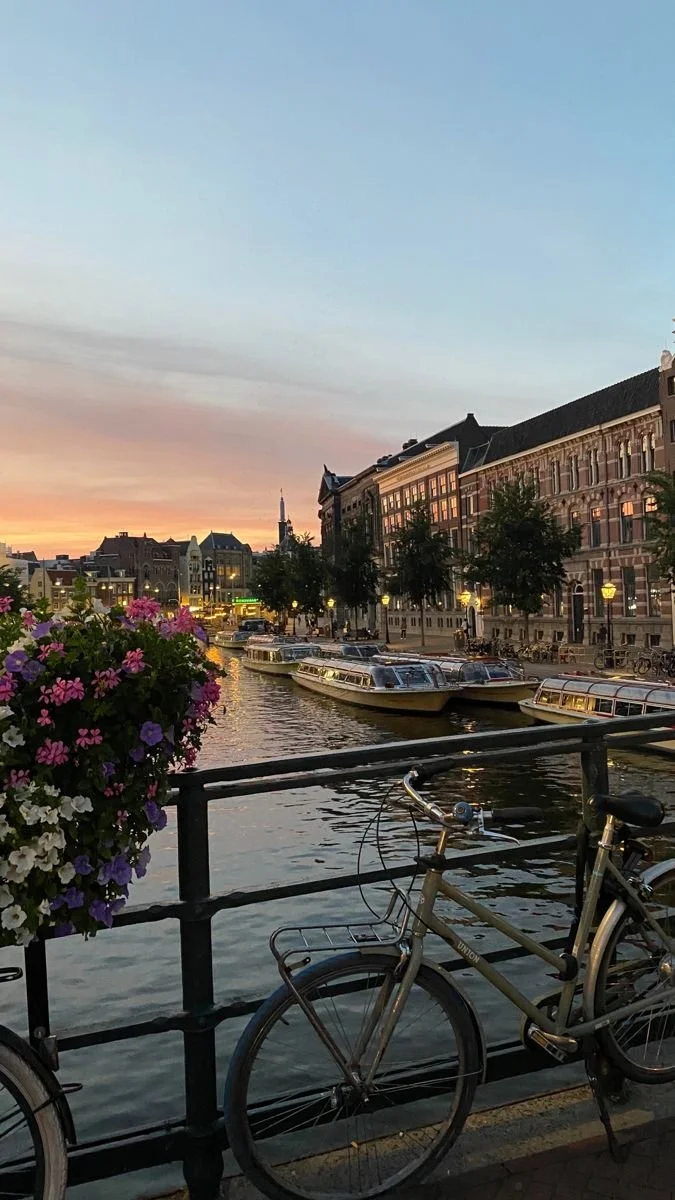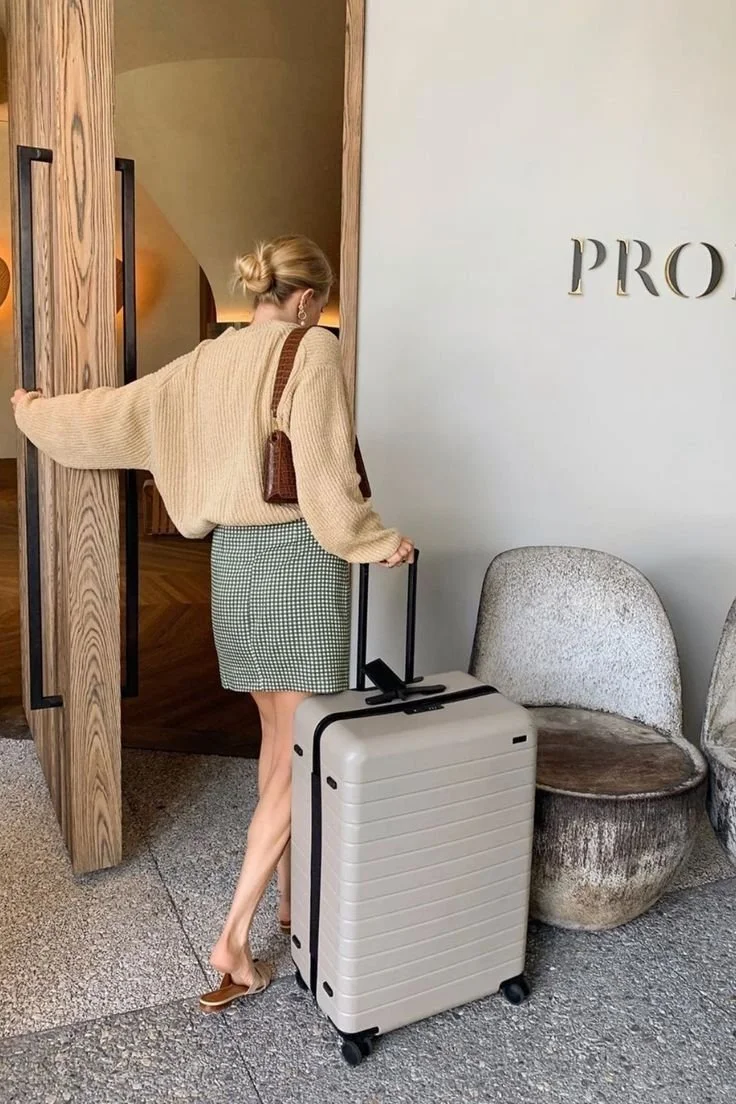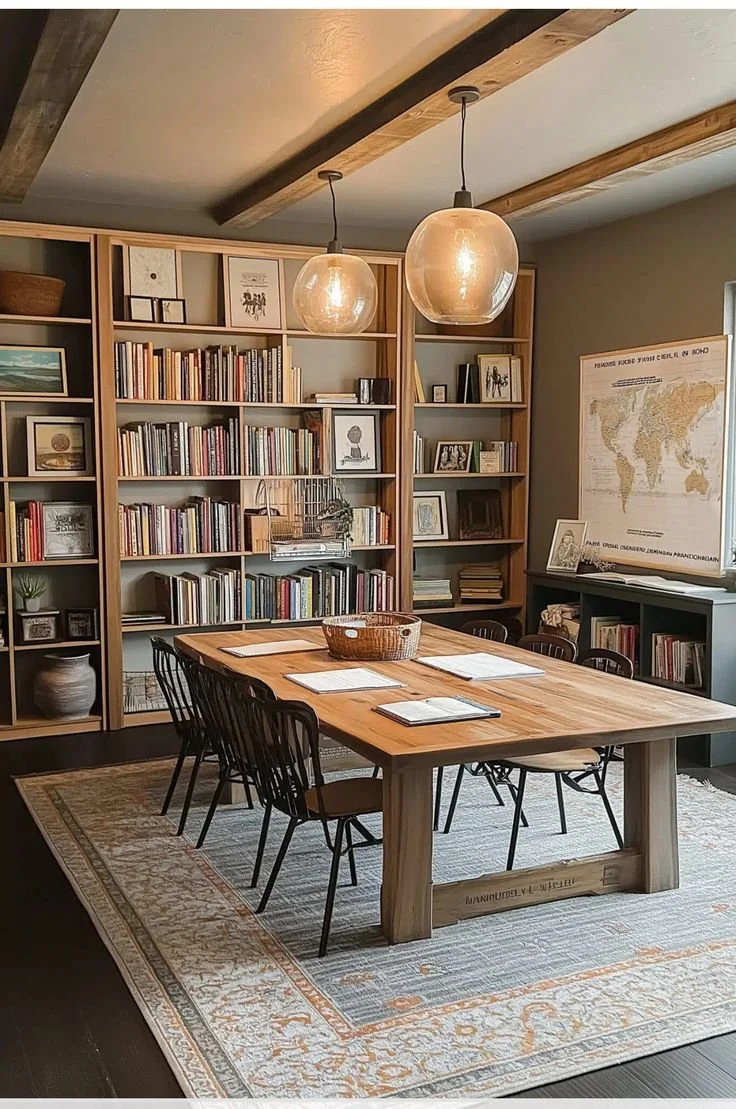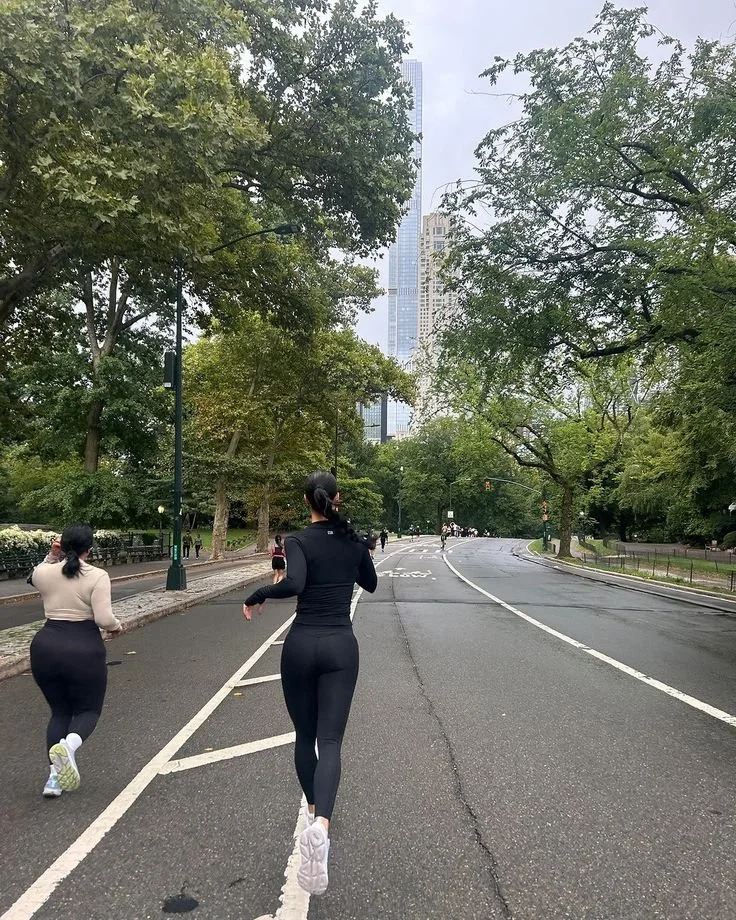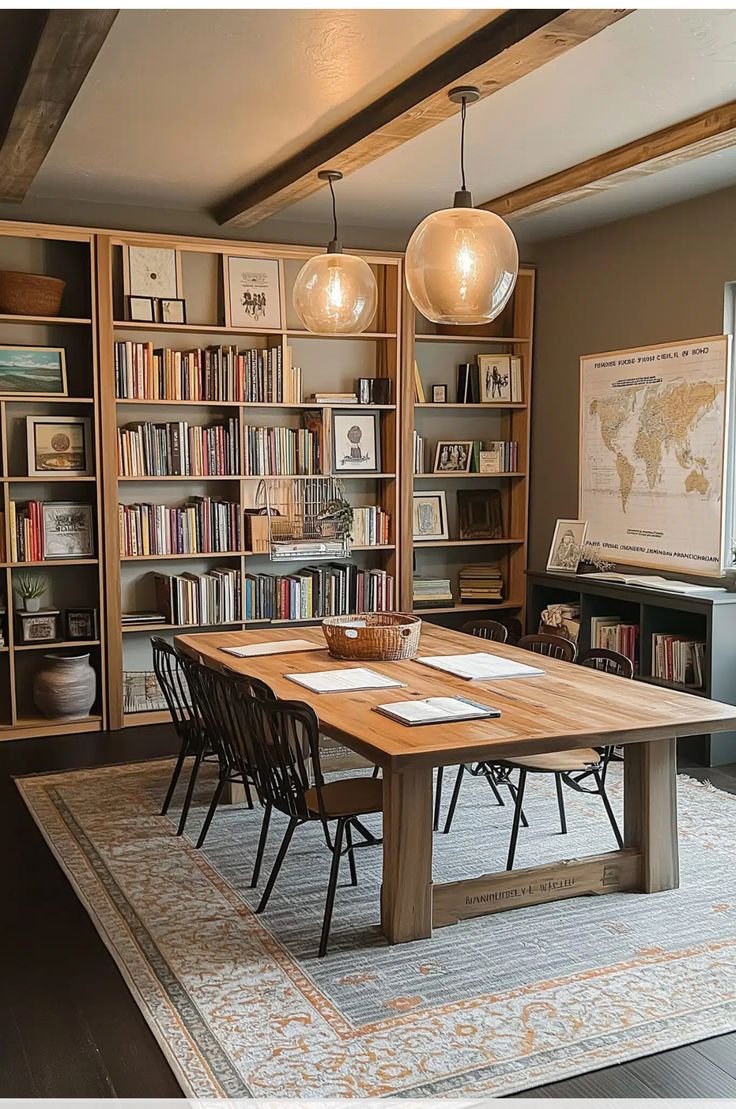When it comes to travel, many people believe that meticulous planning is the key to a successful trip. And while having a general plan is certainly helpful, sticking too rigidly to a detailed itinerary can actually limit your experience. The truth is, some of the best travel memories are made when plans shift, surprises arise, and spontaneity takes the lead.
Flexibility in travel doesn’t mean being unprepared—it means being open to change, ready to adapt, and willing to embrace the unexpected. Whether you're navigating delays, discovering hidden gems, or simply soaking in the moment, allowing room in your schedule can lead to a more enriching and stress-free journey.
In this article, we share why a flexible approach might just be the smartest travel decision you make.
No. 1
Avoid Stress When the Unexpected Happens
No matter how prepared you are, things can—and often do—go wrong. Flights get delayed, weather changes suddenly, hotels overbook, and occasionally, passports or luggage go missing. Travelers who stick rigidly to a schedule often find themselves stressed or disappointed when their plans unravel.
By being flexible, you allow room for change, turning potential disasters into manageable hiccups.
For instance, missing a flight connection doesn’t have to ruin your whole vacation. If your schedule has a buffer, you can more easily rebook or adjust your plans without losing time or money. The ability to adapt in these situations makes you a calmer, more resilient traveler.
No. 2
Embrace the Chance for Spontaneity
Some of the most memorable travel experiences happen unexpectedly. You might stumble across a local festival, an inviting café, or a breathtaking hike not mentioned in any guidebook. These kinds of discoveries are difficult to fit into a rigid plan.
Flexibility gives you the freedom to say “yes” to opportunities that arise on the road. Maybe a local will recommend a nearby town you hadn’t considered visiting.
Or perhaps you fall in love with a particular city and want to stay a few extra days. Leaving space in your itinerary allows you to pursue these chances without guilt or disruption.
No. 3
Save Money by Taking Advantage of Last-Minute Deals
Being open to change also has financial benefits. Travelers with set-in-stone plans often miss out on last-minute flight or accommodation deals. If you’re flexible with your dates or destinations, you can find significant discounts and make your trip more affordable.
This is especially useful for long-term or frequent travelers. If you’re traveling on a budget or just want to maximize value, it helps to remain open to shifting plans to capitalize on sudden price drops or packages.
Hopper
The #1 most downloaded travel app in North America. Save up to 40% on travel costs + earn free travel rewards.
GET A $25 HOPPER TRAVEL VOUCHER
Use coupon code:
HELLOLOVELYLIVING
No. 4
Have a Plan for Emergencies — Just in Case
While being spontaneous is part of the adventure, it’s also important to prepare for emergencies—and flexibility helps here too. If you lose your passport, for example, having a little extra time in your travel schedule makes it easier to replace it without missing other commitments.
This is where services like emergency passport replacement can be a lifesaver. Being flexible enough to pause your plans for a day or two while sorting out critical issues makes these situations far less overwhelming.
No. 5
Travel More Like a Local
Locals rarely rush from landmark to landmark. They enjoy slow afternoons, discover hidden spots, and live in the moment. If you’re traveling to immerse yourself in another culture, flexibility is the key to authenticity.
Letting go of your tight schedule opens the door to unfiltered, real-world experiences. You’ll have the time to talk with strangers, explore neighborhoods off the beaten path, and understand the pace of life in a different country.
No. 6
Flexibility Builds Confidence
Finally, adapting your travel plans teaches valuable life skills. When you respond to setbacks or surprises without panic, you build confidence in your own resilience. This not only improves your travel experience but also helps in other areas of life.
Traveling flexibly teaches you how to think on your feet, stay calm under pressure, and find joy in the unknown.
Takeaways
While a detailed itinerary can offer structure and peace of mind, it’s flexibility that truly unlocks the magic of travel. From reducing stress and uncovering hidden gems to saving money and building confidence, a looser approach allows you to experience the world more fully.
So, the next time you plan a trip, leave a little space in your schedule. Say yes to the unexpected. Wander off the beaten path. And remember: the best travel stories often begin when you let go of the plan and follow where the road leads.
Looking for Travel resources?
Looking to embark on a transformative journey to discover new cultures, expand your horizons, and reconnect with yourself? Explore, learn, and awaken your wanderlust with our travel partners designed to support you on your next getaway.


















